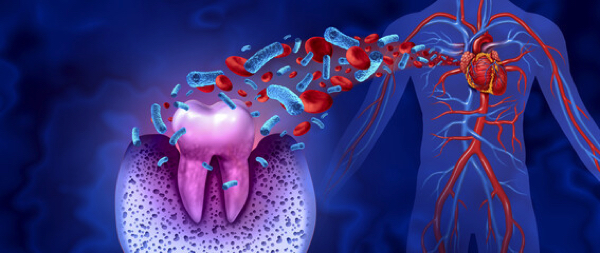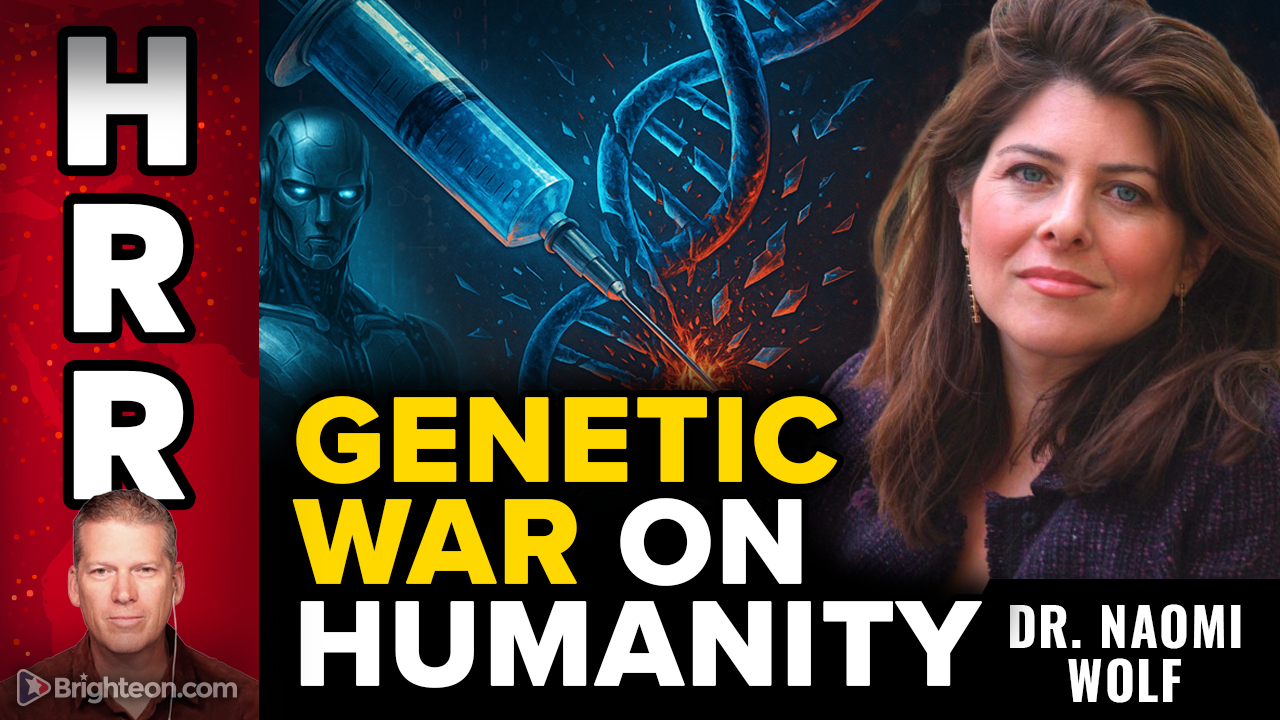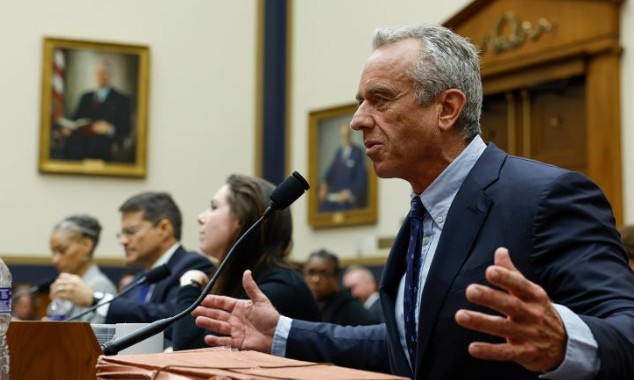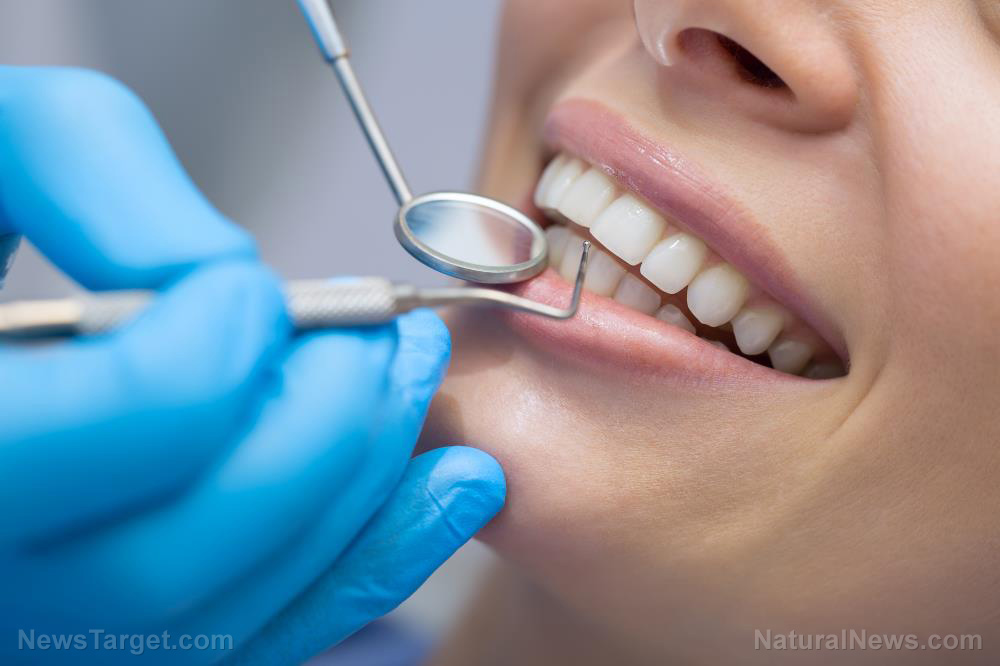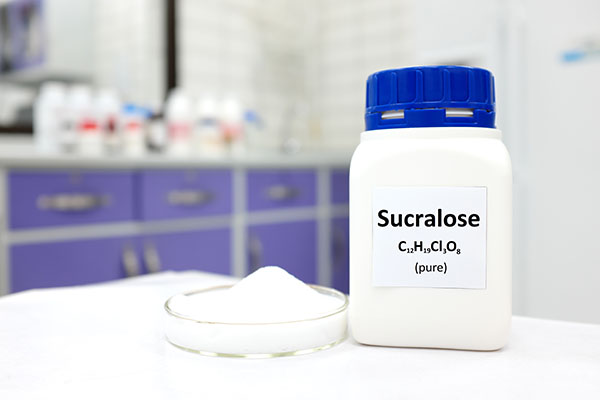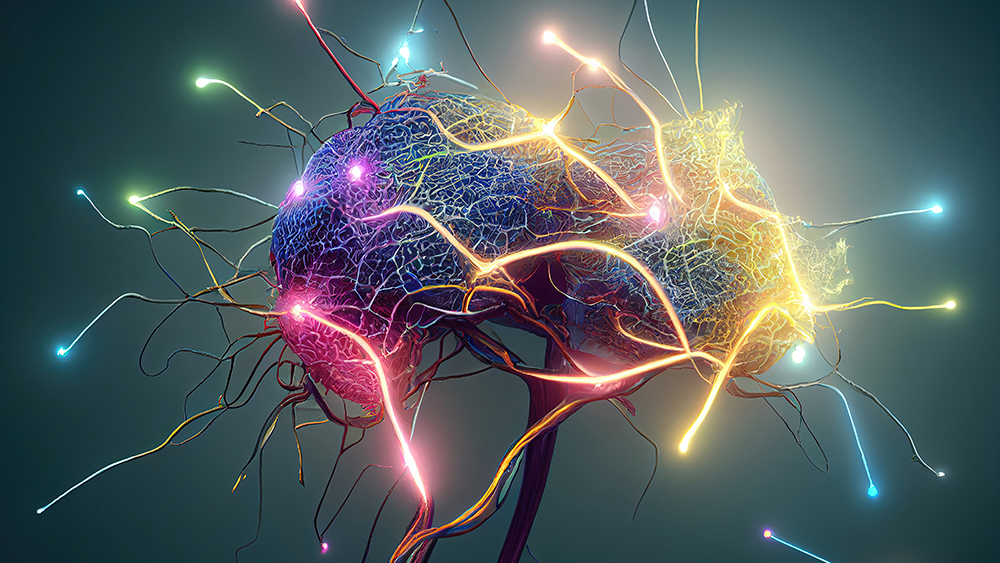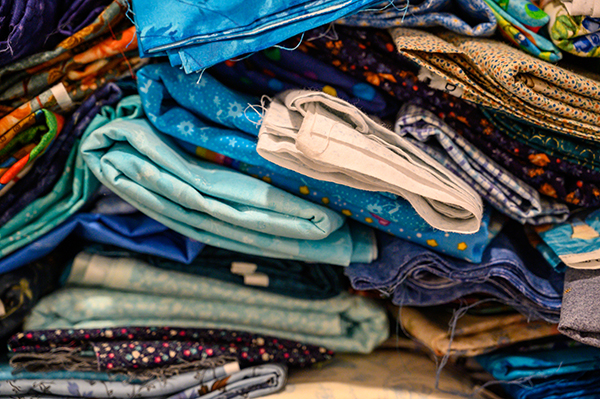Finnish study finds MENTAL HEALTH DISORDERS may spread among teen peer groups
10/20/2025 / By Evangelyn Rodriguez
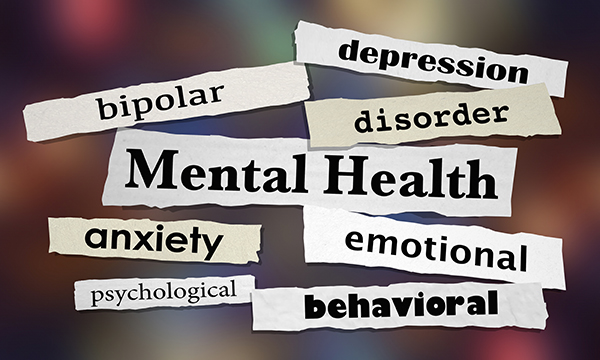
- A 2024 Finnish study (JAMA Psychiatry) found that teens with classmates diagnosed with mental disorders faced a 9-18 percent increased risk of developing similar conditions later in life.
- Mood, anxiety and eating disorders showed the highest associations, suggesting social normalization, emotional contagion or behavioral modeling as potential mechanisms.
- While statistically significant, the study doesn’t prove causation; genetics, family dynamics and societal stress may also play roles.
- Schools and parents should monitor peer groups, promote resilience programs and encourage open, stigma-free discussions about mental health.
- Reducing processed foods, EMF exposure and social media while increasing whole foods and sunlight exposure, incorporating grounding and herbal adaptogens, and fostering strong family bonds may help counteract mental health risks.
New research from Finland suggests that mental health disorders may be socially “contagious” among teenagers, spreading through peer networks in ways similar to behaviors and attitudes. A 2024 study published in JAMA Psychiatry found that adolescents with classmates diagnosed with mental health conditions face a slightly elevated risk of developing similar issues later in life. The findings, based on an analysis of over 700,000 Finnish individuals born between 1985 and 1997, raise critical questions about how social environments influence psychological well-being—and what parents, educators and policymakers can do to intervene.
Mental disorders might be socially transmitted
Researchers from the University of Helsinki and collaborating European institutions examined school records alongside nationwide health registries, tracking mental health outcomes long after graduation. The results showed that students who had at least one ninth-grade classmate diagnosed with a mental disorder were more likely to receive a similar diagnosis themselves in subsequent years.
The effect was strongest in the first year after exposure, with a nine percent increased risk for students with one diagnosed peer and an 18 percent increase for students with multiple affected classmates. Mood disorders, anxiety disorders and eating disorders showed the strongest associations.
While the study does not prove causation, it offers several theories for why mental health struggles might spread within peer groups:
- Normalization of symptoms: Exposure to peers receiving treatment may reduce stigma, making teens more likely to recognize and seek help for their own struggles.
- Emotional contagion: Prolonged interactions with distressed friends could lead to shared emotional states, amplifying anxiety or depressive symptoms.
- Social influence: Behavioral modeling—such as disordered eating or coping mechanisms—might inadvertently reinforce harmful patterns.
Christian Hakulinen, an associate professor at the University of Helsinki and co-author of the study, emphasized the significance of these findings: “The findings deepen our understanding of how mental health problems develop and affect others in our social networks.”
Though statistically significant, the increased risks were modest, and the study could not account for every variable. Genetic predispositions, family dynamics and broader societal stressors may also contribute. The researchers caution against overinterpreting the results, noting that further studies are needed to confirm causality.
Practical implications for parents and educators
The study findings highlight the importance of monitoring not just individual teens but their social circles for signs of distress. Parents should remain observant of behavioral changes in their children and their peers, approaching conversations with sensitivity.
Navigating friendships can be tricky for teens who want to fit in while maintaining self-esteem. If parents are unsure how to discuss mental health, consulting a professional first can help guide the conversation.
Schools may also play a role by fostering environments that promote resilience, such as peer support programs and mental health literacy initiatives. Early intervention could mitigate potential ripple effects within social networks.
Some natural ways to prevent mental health disorders–not just in teens but in people of all ages–include prioritizing nutrient-dense whole foods (organic meats, leafy greens, healthy fats), eliminating processed sugars from your diet, detoxing heavy metals, reducing EMF exposure, encouraging sunlight and grounding, fostering strong family bonds, limiting social media and using herbal adaptogens like ashwagandha or holy basil to support neurological resilience. Mindfulness, prayer and purpose-driven living could also help counteract the spiritual and psychological toxins of modern society, notes BrightU.AI‘s Enoch engine.
The groundbreaking Finnish study underscores the complex interplay between social connections and mental health, suggesting that psychological struggles may diffuse through peer groups in subtle but measurable ways. While more research is needed, the findings serve as a crucial reminder for parents, educators and healthcare providers to consider the broader social context of adolescent mental health—and to act proactively in supporting vulnerable teens.
As digital and in-person interactions continue to shape young minds, understanding these dynamics will be essential in building healthier, more supportive communities for the next generation.
Watch this video to learn about the role of nutrition in mental health and illness.
This video is from the BrightLearn channel on Brighteon.com.
Sources include:
Submit a correction >>
Tagged Under:
adolescents, anxiety disorders, campus insanity, children's health, discoveries, eating disorders, health science, mental health, Mind, mind body science, mood disorders, public schools, real investigations, research, Teens
This article may contain statements that reflect the opinion of the author

